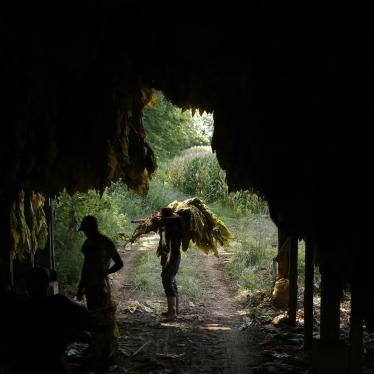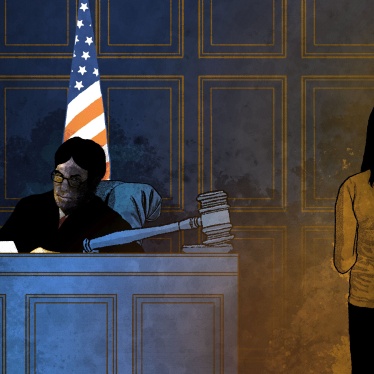In a landmark victory for tribal sovereignty and the rights of tribal nations, the United States Supreme Court on Thursday upheld a critical federal law protecting the rights of Native children to remain connected to their families, community, and culture. In its decision, the court rejected constitutional challenges to the 1978 Indian Child Welfare Act (ICWA), legislation that seeks to ensure Native families stay together and Native children are raised by tribal members.
For centuries, Indigenous families and communities in the US have endured egregious abuse and harm through so-called “child welfare” interventions. These included boarding schools where authorities violently indoctrinated Indigenous children with white Western culture and policies aimed at promoting adoption of Indigenous children by white families.
In 1978, after decades of Indigenous-led activism, Congress passed ICWA and established federal standards to limit the removal of Indian children, promote stability, and restore families, culture, and tribal autonomy. Indigenous advocates and communities have since defended family integrity and resisted challenges to ICWA seeking to undermine tribal sovereignty.
This week’s decision has many advocates breathing a sigh of relief, but it doesn’t fix the country’s broken approach to child protection.
I authored a November 2022 report on the US child welfare system. The report found child welfare systems in the United States too often treat poverty as the basis for charges of neglect and decisions to remove children from their parents, causing a national family separation crisis. Black and Indigenous families are disproportionately affected.
A concurring opinion in the court’s decision notes that ICWA has not been implemented uniformly. Some states resist ICWA completely and remove children from their tribes often for reasons rooted in poverty.
All states should enact legislation to protect and build on ICWA, including ensuring tribes’ full access to child welfare proceedings, establishing meaningful consultation processes, and recognizing tribal customary adoptions.
To grapple with the devastating effects of the US’s child welfare system, officials should hold public hearings to hear from affected families, ensure poverty-related circumstances are no longer penalized, eliminate mandatory reporting requirements, and reduce unnecessary interventions. The US should also increase due process protections for birth parents and give those parents support without subjecting them to surveillance, excessive regulation, and punishment.
This week’s victory is worth celebrating. Now it’s time to redouble efforts to transform the US child welfare system.










